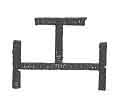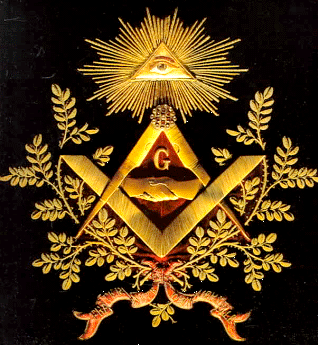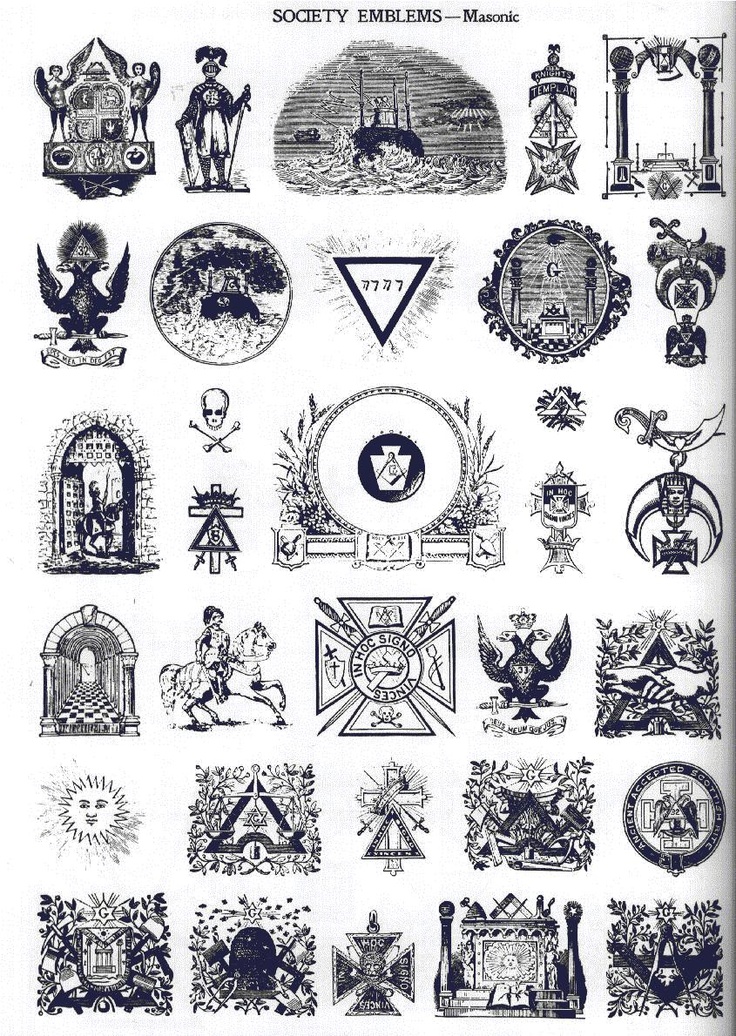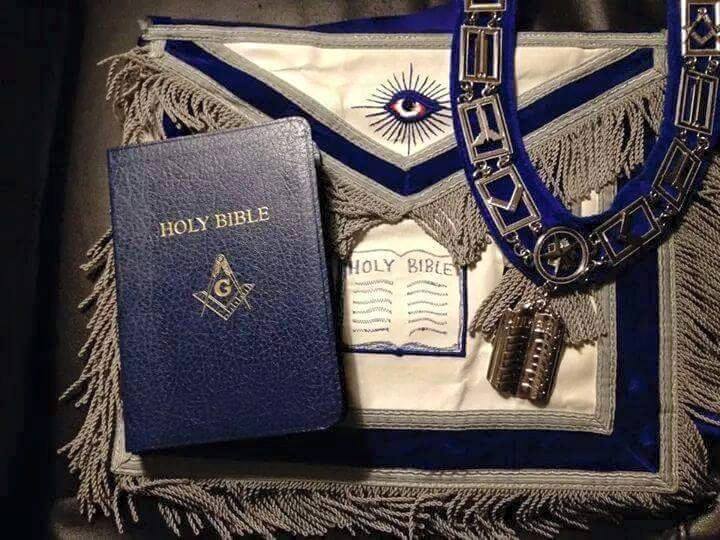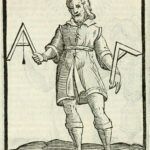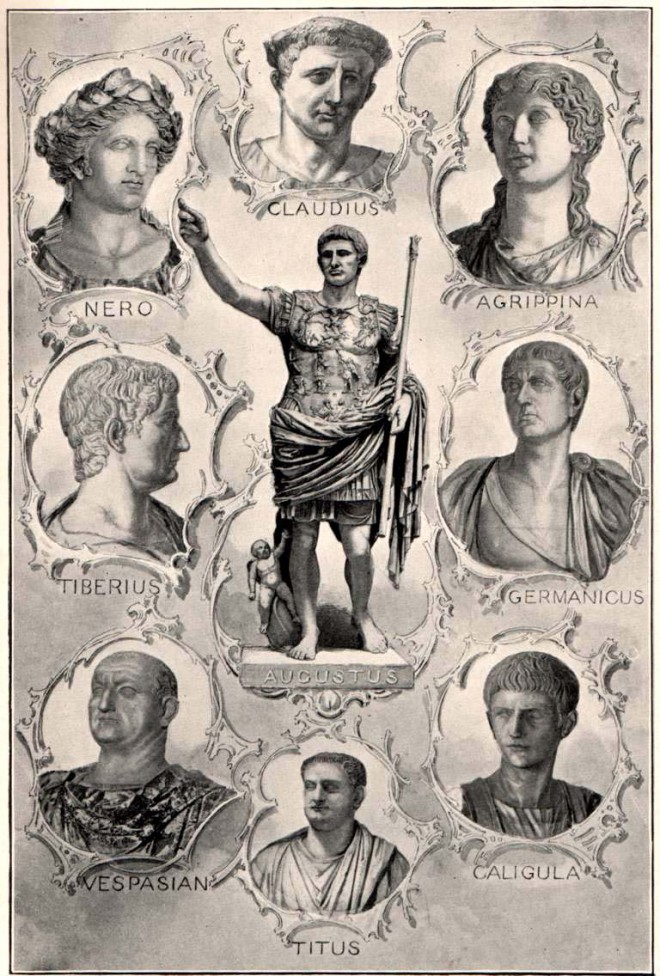Page 373
A series of Lectures upon Freemasonry and its dangers, as delivered in 1862, by James Burton Robertson, Professor of Modern History in the Dublin University, are lying before us. In them the lecturer quotes profusely as his authorities the said Abbe (Barruel, a natural enemy of the Masons, who cannot be caught at the confessional), and Robison, a well-known apostate-Mason of 1798. As usual with every party, whether belonging to the Masonic or anti-Masonic side, the traitor from the opposing camp is welcomed with praise and encouragement, and great care is taken to whitewash him. However convenient for certain political reasons the celebrated Committee of the Anti-Masonic Convention of 1830 (U. S. of America) may have found it to adopt this most Jesuitical proposition of Puffendorf that “oaths oblige not when they are absurd and impertinent,” and that other which teaches that “an oath obliges not if God does not accept it,” yet no truly honest man would accept such sophistry. We sincerely believe that the better portion of humanity will ever bear in mind that there exists a moral code of honor far more binding than an oath, whether on the Bible, Koran, or Veda. The Essenes never swore on anything at all, but their “ayes” and “nays” were as good and far better than an oath. Besides, it seems surpassingly strange to find nations that call themselves Christian instituting customs in civil and ecclesiastical courts diametrically opposed to the command of their God, who distinctly forbids any swearing at all, “neither by heaven . . .
Page 374
nor by the earth . . . nor by the head.” It seems to us that to maintain that “an oath obliges not if God does not accept it,” besides being an absurdity — as no man living, whether he be fallible or infallible, can learn anything of God’s secret thoughts — is anti-Christian in the full sense of the word. The argument is brought forward only because it is convenient and answers the object. Oaths will never be binding till each man will fully understand that humanity is the highest manifestation on earth of the Unseen Supreme Deity, and each man an incarnation of his God; and when the sense of personal responsibility will be so developed in him that he will consider forswearing the greatest possible insult to himself, as well as to humanity. No oath is now binding, unless taken by one who, without any oath at all, would solemnly keep his simple promise of honor. Therefore, to bring forward as authorities such men as Barruel or Robison is simply obtaining the public confidence under false pretenses. It is not the “spirit of Masonic malice whose heart coins slanders like a mint,” but far more that of the Catholic clergy and their champions; and a man who would reconcile the two ideas of honor and perjury, in any case whatever, is not to be trusted himself.
Loud is the claim of the nineteenth century to preeminence in civilization over the ancients, and still more clamorous that of the churches and their sycophants that Christianity has redeemed the world from barbarism and idolatry. How little both are warranted, we have tried to prove in these two volumes. The light of Christianity has only served to show how much more hypocrisy and vice its teachings have begotten in the world since its advent, and how immensely superior were the ancients over us in every point of honor. The clergy, by teaching the helplessness of man, his utter dependence on Providence, and the doctrine of atonement, have crushed in their faithful followers every atom of self-reliance and self-respect. So true is this, that it is becoming an axiom that the most honorable men are to be found among atheists and the so-called “infidels.” We hear from Hipparchus that in the days of heathenism “the shame and disgrace that justly attended the violation of his oath threw the poor wretch into a fit of madness and despair, so that he cut his throat and perished by his own hands, and his memory was so abhorred after his death that his body lay upon the shore of the island of Samos, and had no other burial than the sands of the sea.” But in our own

Moe is the founder of GnosticWarrior.com. He is a father, husband, author, martial arts black belt, and an expert in Gnosticism, the occult, and esotericism.

